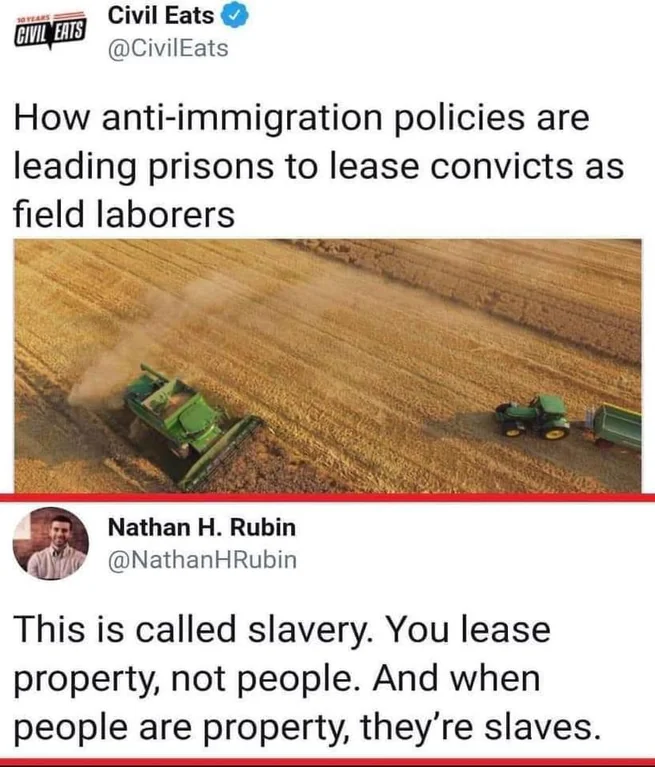Abolition of police and prisons
Abolish is to flourish! Against the prison industrial complex and for transformative justice.
See Critical Resistance's definitions below:
The Prison Industrial Complex
The prison industrial complex (PIC) is a term we use to describe the overlapping interests of government and industry that use surveillance, policing, and imprisonment as solutions to economic, social and political problems.
Through its reach and impact, the PIC helps and maintains the authority of people who get their power through racial, economic and other privileges. There are many ways this power is collected and maintained through the PIC, including creating mass media images that keep alive stereotypes of people of color, poor people, queer people, immigrants, youth, and other oppressed communities as criminal, delinquent, or deviant. This power is also maintained by earning huge profits for private companies that deal with prisons and police forces; helping earn political gains for "tough on crime" politicians; increasing the influence of prison guard and police unions; and eliminating social and political dissent by oppressed communities that make demands for self-determination and reorganization of power in the US.
Abolition
PIC abolition is a political vision with the goal of eliminating imprisonment, policing, and surveillance and creating lasting alternatives to punishment and imprisonment.
From where we are now, sometimes we can't really imagine what abolition is going to look like. Abolition isn't just about getting rid of buildings full of cages. It's also about undoing the society we live in because the PIC both feeds on and maintains oppression and inequalities through punishment, violence, and controls millions of people. Because the PIC is not an isolated system, abolition is a broad strategy. An abolitionist vision means that we must build models today that can represent how we want to live in the future. It means developing practical strategies for taking small steps that move us toward making our dreams real and that lead us all to believe that things really could be different. It means living this vision in our daily lives.
Abolition is both a practical organizing tool and a long-term goal.
view the rest of the comments

This. If the prisoners are given the option to work instead of spend time in jail, and if they pay them for that labour, even if it's subsidized or whatever, this goes from questionably legal slavery to a work program for inmates.
It becomes a way for the inmates to get some cash, and gain practical work skills for when they eventually get released. The money should probably be saved for basic needs when released (food, housing, etc) and the work skills can be applied in future jobs. At least they would have some experience with working that will hopefully help them get a job after they're released.
There's still a big problem of people hiring ex-convicts, but that's a separate issue to be solved.
They could have turned this "you mean slavery?" Moment into a PR win simply by making the work voluntary and giving them modest compensation.
Also if it's a decent company then you might have a job lined up for you once you're out since you've worked there already and shown you can handle the job and so on. And having a job, income, some normalcy once you go out goes a long way. Turns this from exploitation to a way to reintroduce people to life outside of prison and whatnot. Not that companies wouldn't benefit from this too, since it'd most likely be less money than a normal full-time worker, but it could be a rare win-win situation if handled correctly.